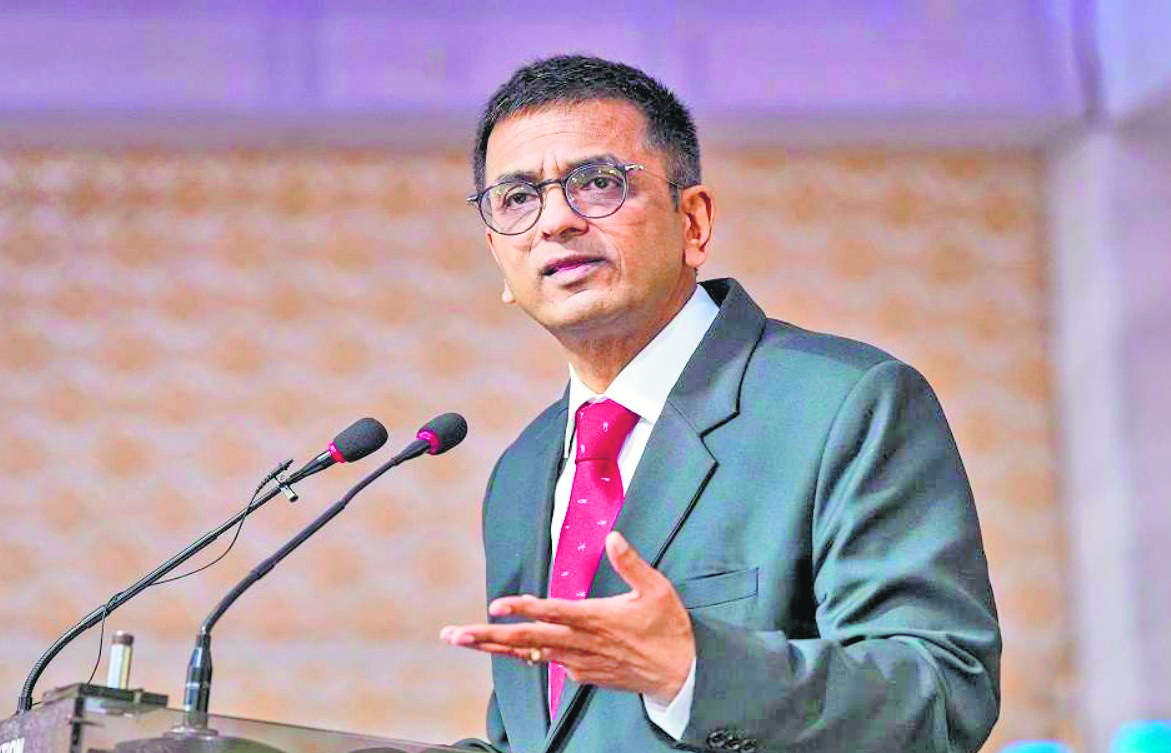Chief Justice of India (CJI) Dhananjaya Y Chandrachud emphasized the need for premier investigative agencies like the Central Bureau of Investigation (CBI) to focus on cases that pose significant threats to national security, public order, and economic stability, rather than getting bogged down by trivial matters. He praised the introduction of three new criminal laws by the Centre while stressing the importance of upholding due process and balancing search and seizure powers with individual privacy rights to ensure a fair and just society.
During the 20th DP Kohli Memorial Lecture organized by the CBI, CJI Chandrachud highlighted the necessity for a strategic approach in utilizing investigative resources. He cautioned against overburdening investigative agencies, citing the limited personnel and the importance of prioritizing cases that have substantial implications for the nation’s security and well-being. He referenced instances where the CBI has been involved in investigating cases involving small amounts of bribery, suggesting a need for more focused efforts.
The CJI commended the enactment of three new criminal laws – Bharatiya Nyaya Sanhita (BNS), Bharatiya Nagarik Suraksha Sanhita (BNSS), and Bharatiya Sakshya Adhiniyam (BSA) – which are set to replace colonial-era laws. These laws aim to digitize various aspects of criminal procedure, facilitating better coordination and efficiency in the justice system. Electronic issuance of summons and virtual presentation of testimonies are among the technological advancements envisioned by these laws, aiming to expedite legal proceedings and improve accessibility.
While endorsing the integration of technology into the criminal justice system, CJI Chandrachud underscored the importance of maintaining a balance between investigative needs and individual privacy rights. Sections 94 of BNSS and 185 of BSA grant courts and law enforcement agencies the authority to summon documents and digital evidence for investigation, but the CJI cautioned against unwarranted confiscation of personal devices and stressed the importance of ethical considerations in utilizing technology.
Furthermore, he advocated for a re-evaluation of the investigative framework to address the complexities of modern criminal activities. Proposing the formation of multidisciplinary teams comprising law enforcement officers and domain experts, he suggested leveraging their expertise to enhance investigative capabilities and adapt to evolving criminal networks. Additionally, he recommended the ethical use of technologies like Artificial Intelligence (AI) and emphasized the need for clear guidelines and safeguards to prevent misuse.





















